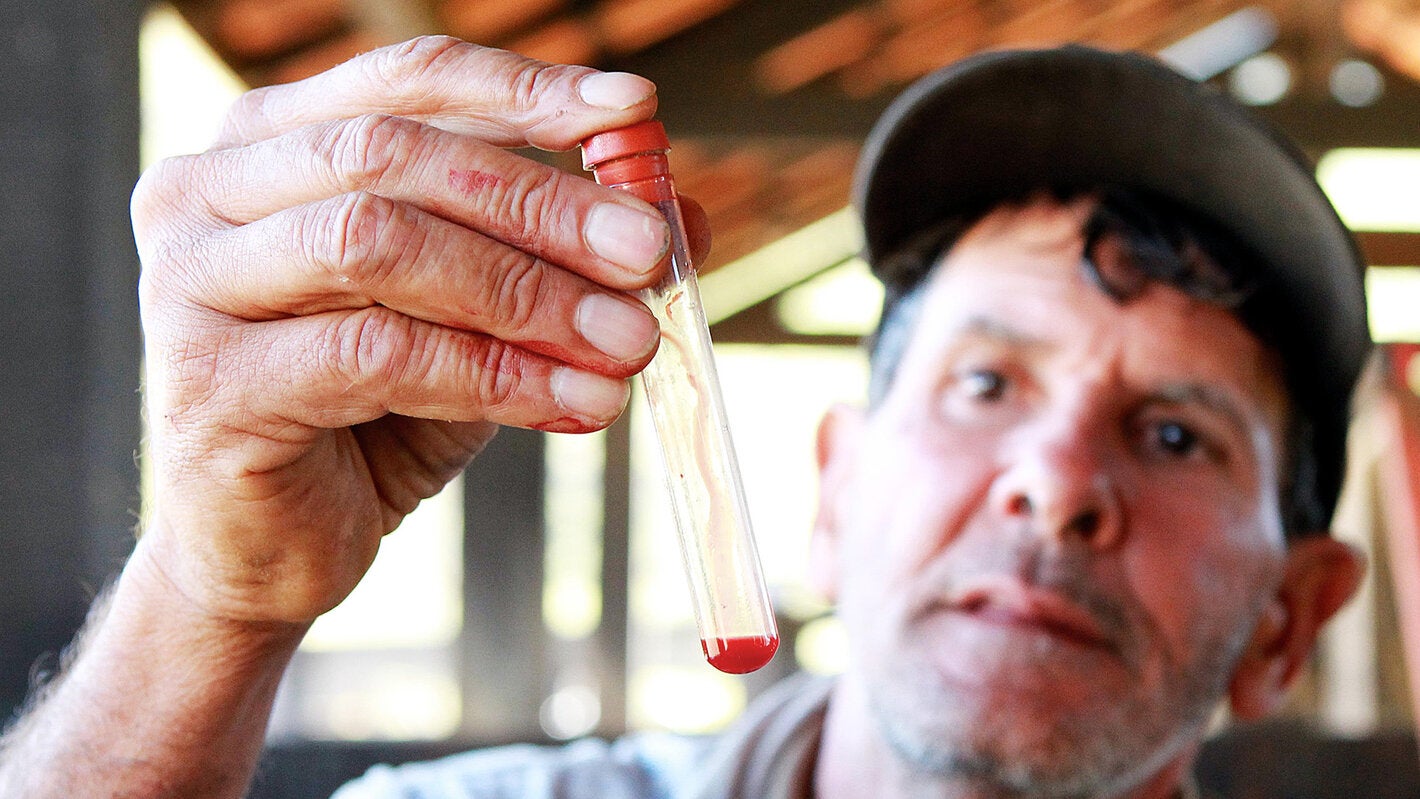
Health authorities from throughout the Americas express concern and pledge support for research and mitigation efforts
Washington, DC, 4 October 2013 (PAHO/WHO) - Ministers of health from throughout the Americas said this week that chronic kidney disease of unknown causes that has claimed thousands of lives in agricultural communities in Central America is a serious public health problem. They called for stepped-up efforts to investigate and address the environmental and occupational factors believed to underlie the problem.
In a resolution approved this week by the 52nd Directing Council of the Pan American Health Organization (PAHO), PAHO member countries also called for strengthening surveillance of the disease and medical care for affected patients, and urged the creation of alliances between different sectors, and especially with affected communities, to address the problem and mitigate the health, social and economic impacts of the disease.
Central American countries have reported a growing number of cases of chronic kidney disease that are not related to traditional causes such as diabetes and hypertension. Cases are concentrated among young men living in low-income agricultural communities along the Pacific coast. The disease appears to be associated with factors including environmental contaminants (most likely agrochemicals) and occupational risks (poor working conditions and insufficient water intake while working in high temperatures), among others.
Precise data on cases is difficult to collect, but experts believe that thousands of Central Americans have died from the disease over the past 10 years, most of them in Nicaragua and El Salvador.
Available data are for general chronic kidney disease (CKD), that is, CKD due to both traditional and nontraditional causes. They indicate that hospitalizations for CKD in El Salvador increased 50% between 2005 and 2012, making CKD the leading cause of hospitalization in the country. Nearly 1,500 of these hospitalized patients were under 19 years old (out of a total 40,000 hospitalized patients of all ages during the same period). According to data reported by national transplant coordinators, nearly 3,100 patients currently receive dialysis in El Salvador, over 3,000 in Guatemala, 1,800 in Panama and 1,000 in Nicaragua.
The resolution calls for strengthening both epidemiological and environmental surveillance, and urges the development of a model of patient care for all stages of the disease.
PAHO will continue to advocate improvements in environmental and occupational health, promote resource mobilization, and provide technical support to improve surveillance. It will also prepare a research agenda.
In April of this year, representatives of Central America countries and the Dominican Republic participated in a High-level Meeting on Chronic Kidney Disease of Nontraditional Causes and issued the San Salvador Declaration, which declared CKD of unknown causes to be a serious public health problem requiring urgent action. The 52nd Directing Council's resolution supports that declaration.



